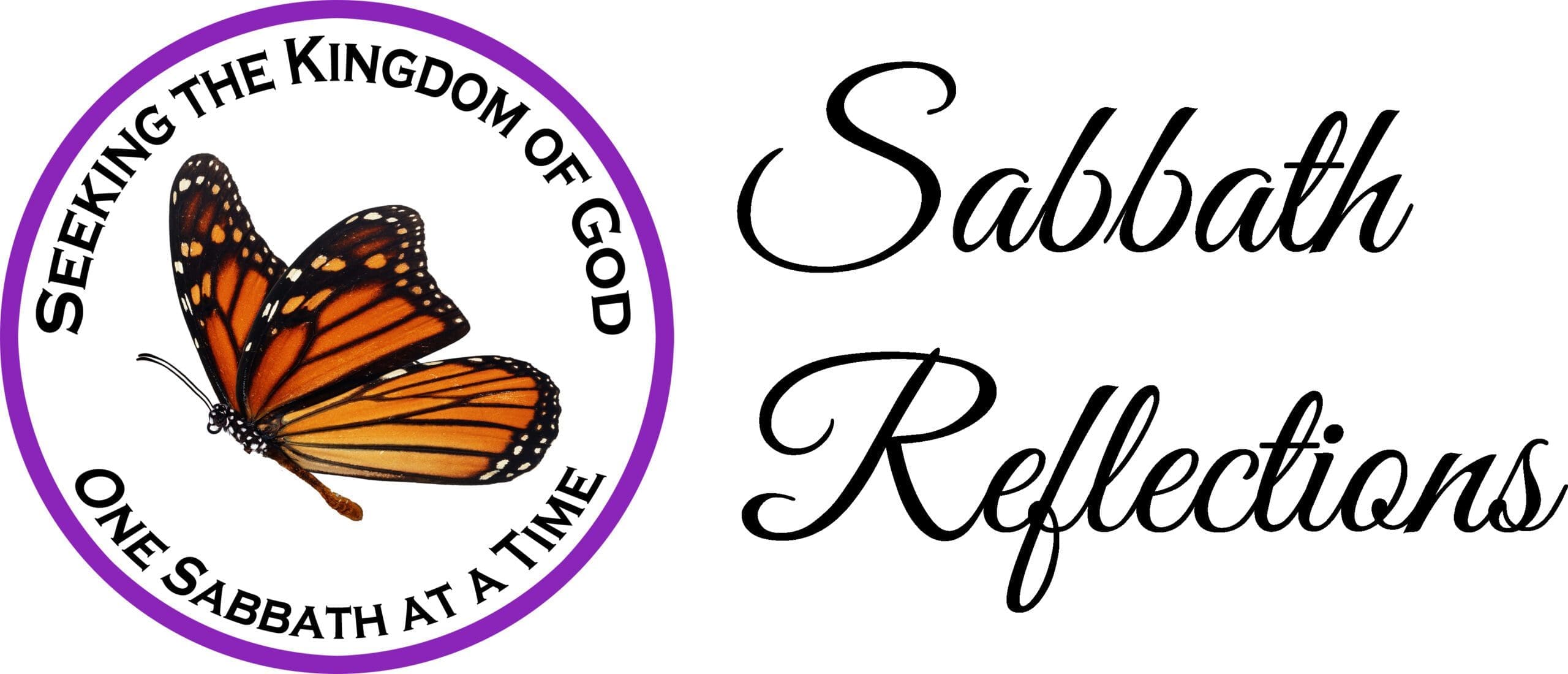SABBATH THOUGHT 2022-04-02—DAYS OF UNLEAVENED BREAD
May God bless you on His Sabbath day!
Immediately following the Passover are the Days of Unleavened Bread. Scripture is very clear about the timing and dates that we are to observe. Passover is Nissan or Abib 14 and the seven days of Unleavened Bread follow it, in which the first and last days are holy convocations:
NUMBERS 28:16-18, 25 And in the fourteenth day of the first [Nissan or Abib] month is the Passover of the LORD. 17 And in the fifteenth day of this month is the feast of Unleavened Bread]. Seven days shall unleavened bread be eaten. 18 In the first day shall be a holy convocation. You shall do no kind of servile work. … 25 And on the seventh day you shall have a holy convocation. You shall do no servile work.
When I first read about these days, my first thought was that this was the strangest of names. In fact, I was somewhat embarrassed to explain to my boss the first time that I needed to take off of work to observe some days “called Unleavened Bread.” Think of it. The other holydays are called Feast of Weeks or Pentecost, Day of Trumpets, Atonement, and Feast of Tabernacles. These names reflected events and times; but Unleavened Bread is a food. Odd, indeed.
The focus of these days in the Church as I began to keep them was the elimination of leavening agents and the avoidance of eating anything leavened. In fact, it seemed that every conversation leading up to the Days of Unleavened Bread revolved around the different leavening agents and past stories of where someone had overlooked a box of pancake mix or ate a doughnut at the office.
However, the focus on the Leaven was almost to the exclusion of Unleaven. After all, these days are not called the Days of Get-Rid-of-Leavened Bread. God always has a purpose for the names He chooses; therefore, calling them the Days of Unleavened Bread must be the focus. So, just what are God’s commandments for these days?
COMMANDMENT #1: We shall eat unleavened bread every day:
EXODUS 12:18 In the first month, on the fourteenth day of the month at sunset, you shall eat unleavened bread, until the twenty-first day of the month at sunset.
NOTE: These commandments are specific to the Days of Unleavened Bread only. My numbers have no connection to the Ten Commandments.
Notice that this commandment includes Passover day as well. This is why Passover is included when referring to the Days of Unleavened Bread as we find in Matthew 25:17; Mark 14:12; and Luke 22:1, 7. In other words, the commandment to eat unleavened bread also applies to Passover day and it begins with the unleavened bread of the Passover ceremony.
COMMANDMENT #2: No leaven shall be found in our houses:
EXODUS 12:19 Seven days there shall be no leaven found in your houses, for whoever eats that which is leavened, even that soul shall be cut off from the congregation of Israel, whether he be a stranger, or born in the land.
It was this second commandment for these days that was a focus of the Church in my early years. What exactly is leaven? Leaven is simply something that produces gases that permeate dough and cause it to rise. (It is also used in making beer, wine, etc. but I am focusing on bread.) Leavening agents include more than just yeast although that was likely the only source of leaven in the days of the ancient Israelites. What is yeast? It is a living fungus that comes in a number of different varieties. Yeast is actually quite interesting. Not only is it a living, single cell organism but it exists in the air almost everywhere in the world. Since the ancient Israelites could not buy packets of yeast at the store, they simply exposed their dough to the air for a few days. Yeast flourishes in dough or anything that is warm, moist, and has sugar. It converts the sugar to carbon dioxide (which causes dough to rise) and alcohol (that is eliminated during the baking process).
Today, people frequently use substitutes for yeast that consist mainly of baking soda (bicarbonates) and baking powder. These are certainly leavening agents but they are not living organisms. They produce gases through acid-base chemical reactions that leave behind various forms of salt. But are there other leavening agents? I can recall the list of items passed around long ago was extensive and included names that I could barely pronounce. They exist because corporations have spent a lot of time and money finding cheaper and faster ways to produce their products. Regarding any of those, I have to say I am not much of a cook but I can tell you that none of those are in my wife’s pantry. When we de-leaven our house, we eliminate known leavening agents (yeast, baking soda, and baking powder) and packaged foods that are leavened such as pancake mix.
Yeast, above all other agents, is actually the perfect icon for leaven. We all know that leaven represents sin (1 Cor. 5:8) and Satan is the prince of the power of the air (Eph. 2:2). Given that yeast is also in the air all around the world, it is a most apropos symbol for sin and Satan’s influence.
COMMANDMENT #3: We are not to eat anything leavened (bread or otherwise):
EXODUS 12:20 You shall eat nothing leavened. In all your dwelling places you shall eat unleavened bread.’ “
This last commandment is the reason that we not only eliminate leavening agents, but also anything that was cooked with leaven. This is emphasized in the next chapter:
EXODUS 13:7 Unleavened bread shall be eaten seven days. And there shall be no leavened bread seen with you, nor shall there be leaven seen with you in all your borders.
The word for “borders” means territory or boundary, so it could apply to individual households or, as in the days of the ancient Israelites, on a national basis. In this world today, it applies to that which is under our personal control. That could be a house, office, car, bedroom, etc., depending upon the believer’s situation.
This brings me back to my point about the main emphasis of these days. In my experience, the Church years ago concentrated on the second (eliminating leavening agents) and third commandments (not eating leavened foods). Very little focus was given to eating unleavened bread. However, there are three commandments, not just two.
From the perspective of sin, leavening agents represent temptation. Yeast that is floating around in the air or in a packet in the pantry is not “puffed up” by itself. However, give it something to feed upon, such as dough, and it begins to eat and spread—just like sin. Once it has done its job, the dough is risen and ready for baking. The baking kills the yeast but leaves behind something that is incredibly appealing to the senses of smell and taste. The same thing occurs with temptation. Once we give into the temptation, it is gone and all that remains is sin.
So, once the risen dough is baked, we are ready to eat it. Is this not the enticement of sin? We want to have the gratification of eating the bread just like sin, which gives pleasure to the wicked (Heb. 11:25). So, we remove leavening agents like we would temptations. We eliminate leavened foods like we would sin. However, that leaves us hungry so that is why we eat unleavened bread. We are to fill the void of temptation and sin with the righteousness of God:
1 CORINTHIANS 5:7-8 Therefore, purge out the old leaven, so that you may become a new lump, even as you are unleavened. For Christ our Passover was sacrificed for us. 8 For this reason, let us keep the feast, not with old leaven, nor with the leaven of malice and wickedness, but with the unleavened bread of sincerity and truth.
Becoming a new lump, however, is hard because yeast is everywhere in the air. How does one make dough and prevent it from becoming leavened? Wrap it in something that keeps the air out. The ancient Israelites wrapped it in their clothes (Exo. 12:34). Being a new lump means that we must use God’s Holy Spirit to guard against temptation and sin.
The analogy of baking continues to apply. Once leavened bread is baked, the yeast dies and the bread takes on the permanence of a risen loaf. It cannot ever be made unleavened. Temptation is hard to refuse or eliminate; however, sin is even more difficult. So, too, is the case with unleavened bread. Once baked, it can never become leavened. Baking is simply exposing the dough to a hot temperature. Once we are a new, unleavened lump, God helps us to become permanently unleavened through “fiery trials” (1 Pet. 1:7; 4:12-13). The reference to baking and fire are interesting because the Days of Unleavened Bread required something else:
LEVITICUS 23:8 But you shall offer a fire offering to the LORD seven days. In the seventh day is a holy convocation. You shall do no servile work therein.’ “
We are to offer to God an offering made with fire. WE are that offering because Jesus Christ was sacrificed for us (1 Cor. 5:8). It is His sacrifice that makes us unleavened, so as a new lump we strive daily to keep the sin out, being wrapped in the Holy Spirit. During these days, focus your thoughts and efforts more intensely for the new year on remaining an unleavened lump of dough that is being baked according to God’s recipe for righteousness and perfection. He is the baker that is taking the unleavened lumps of dough that are His children, and making us into unleavened bread that is forever without sin. WE are the dough in the oven of this life. Staying unleavened is hard, but as we are being baked into perfection, remember that God is smelling the sweet savor (Rev. 8:3) as we are nearing the time when He takes us out of the oven of this life and sets us at His table of eternity.
May God’s grace and peace be upon you!
Steven Greene
https://sabbathreflections.org


